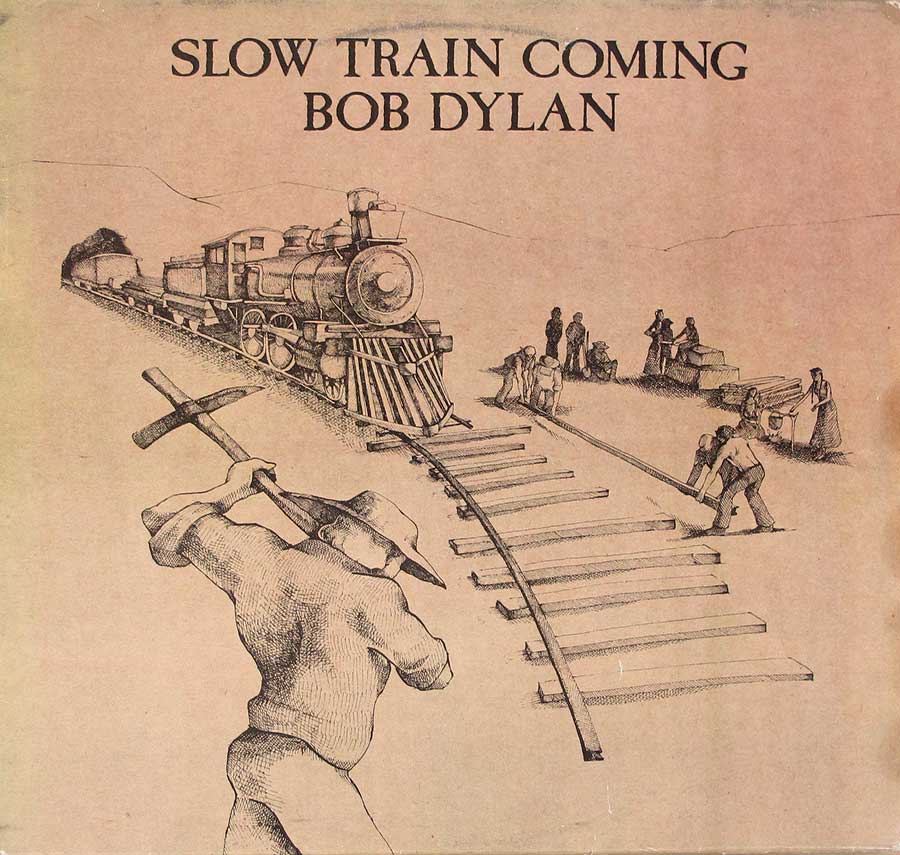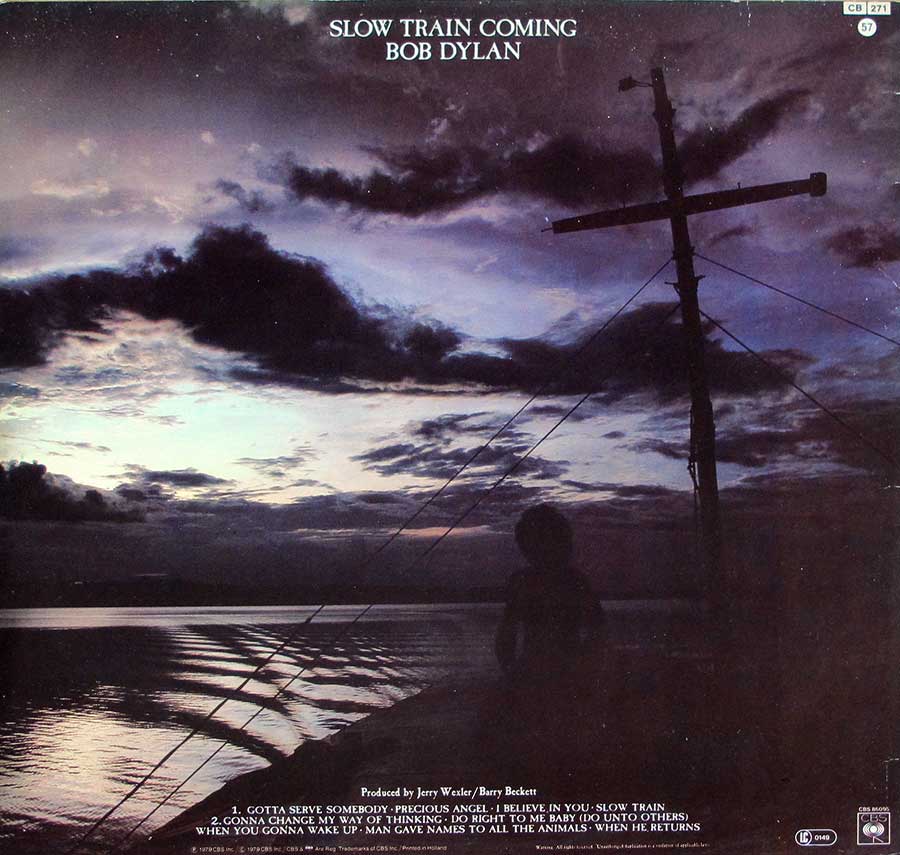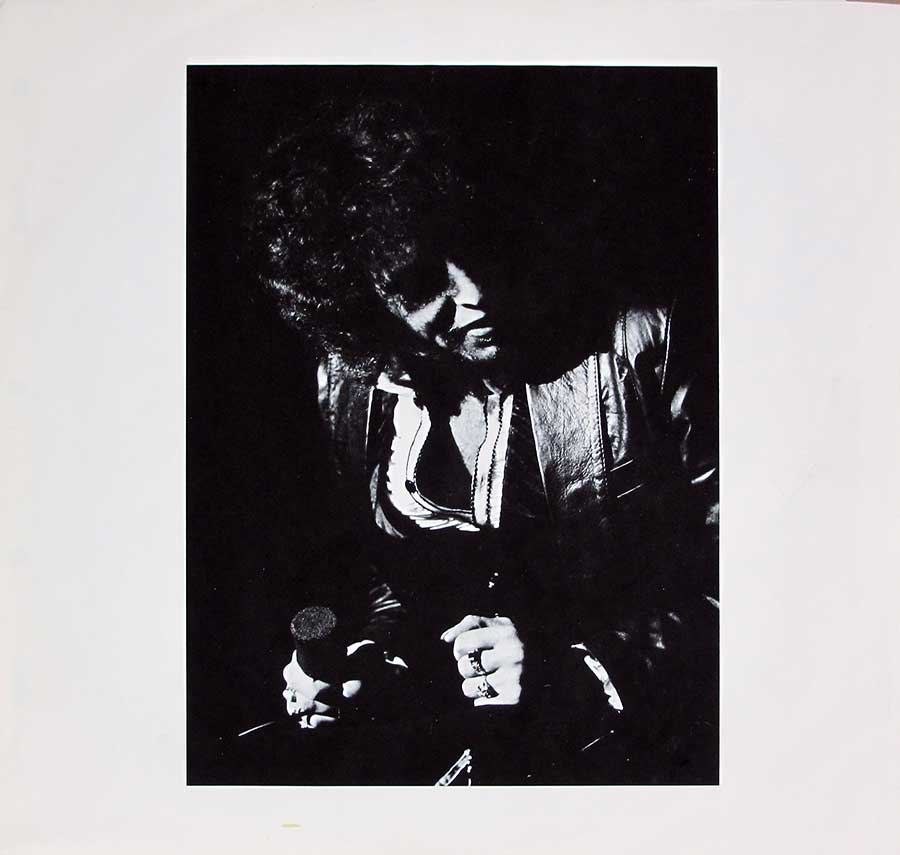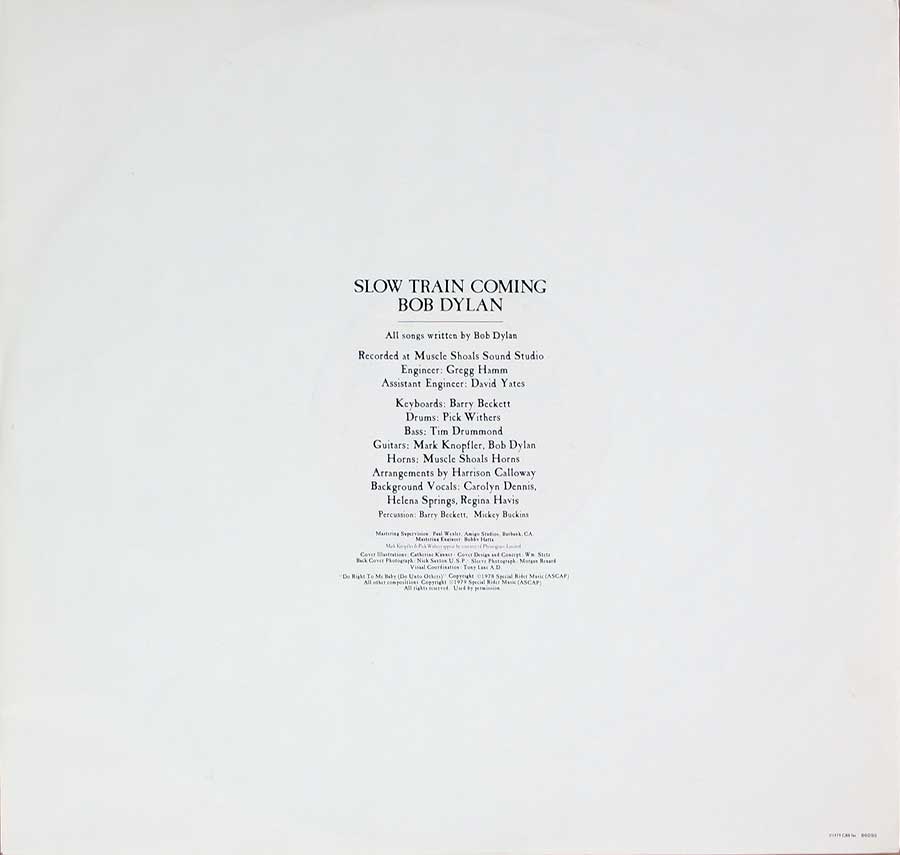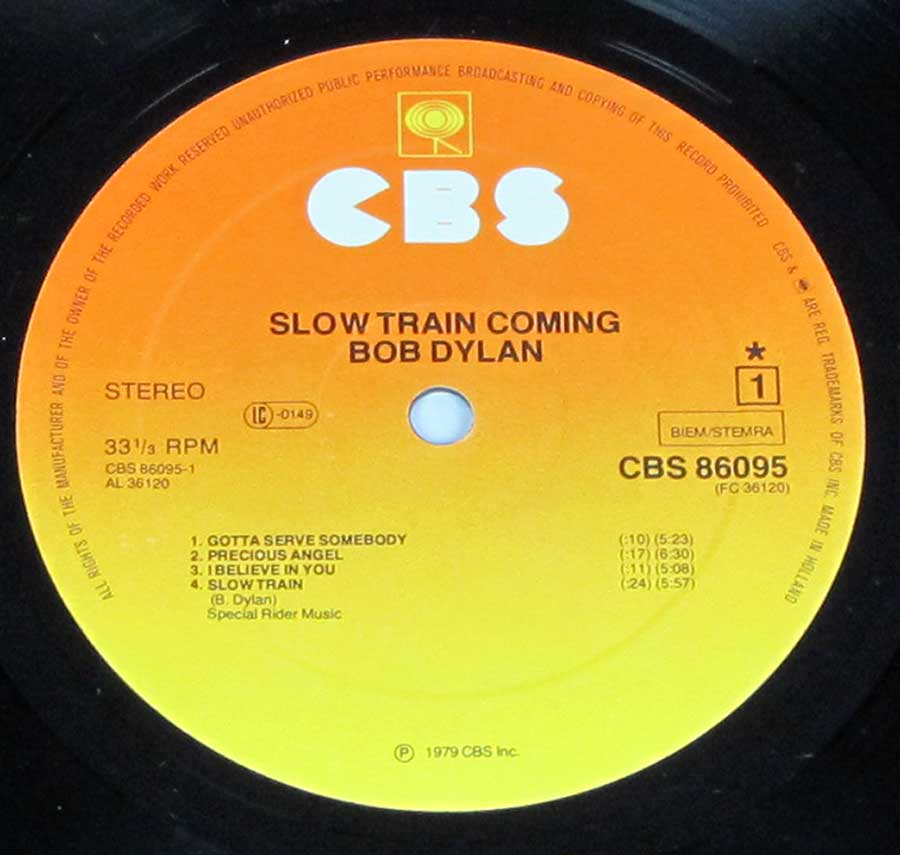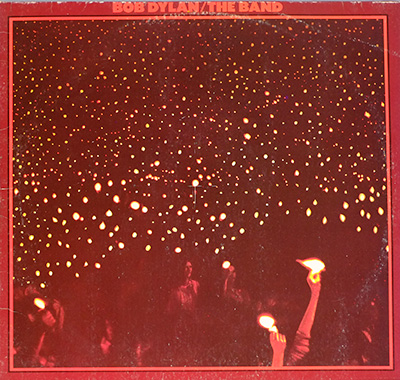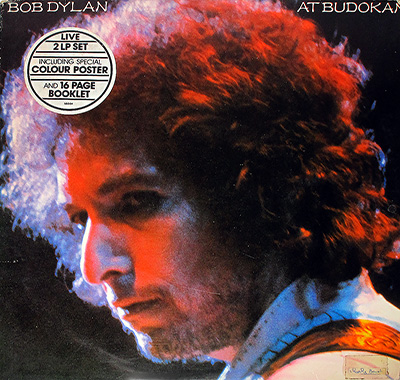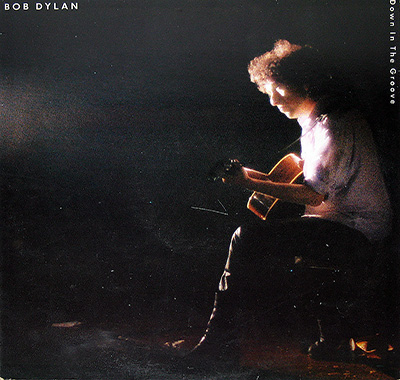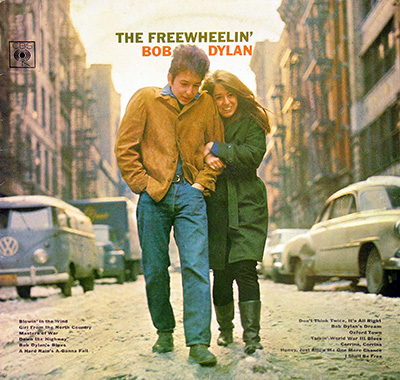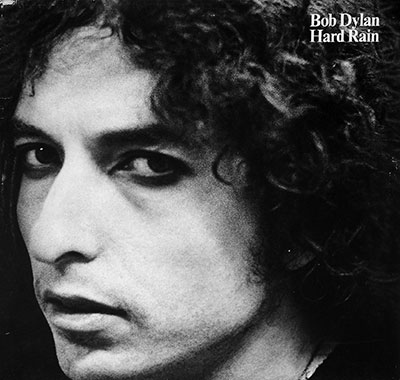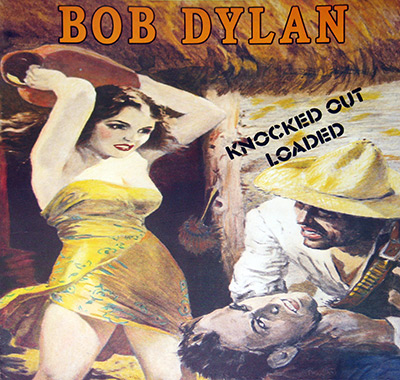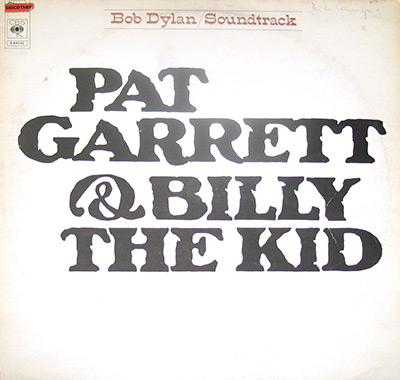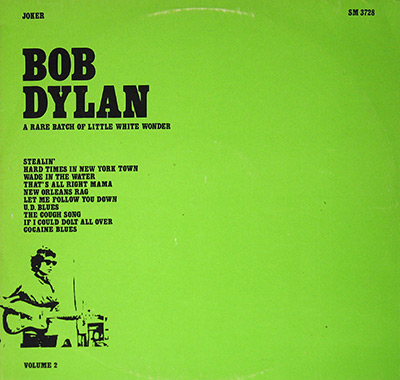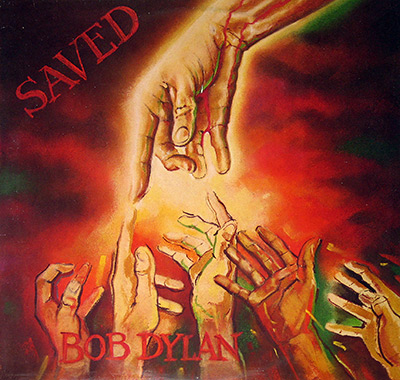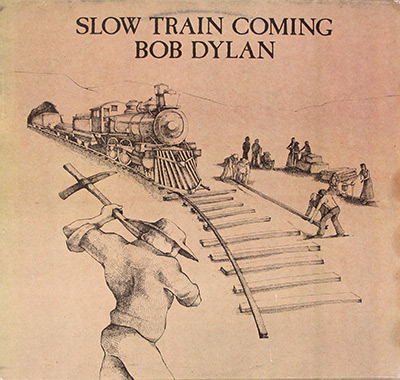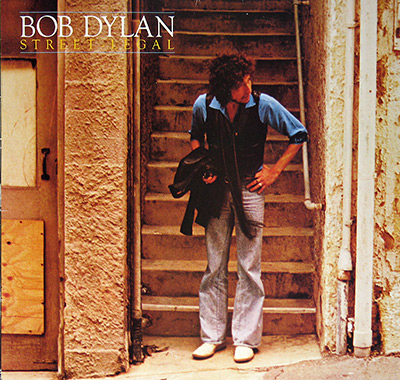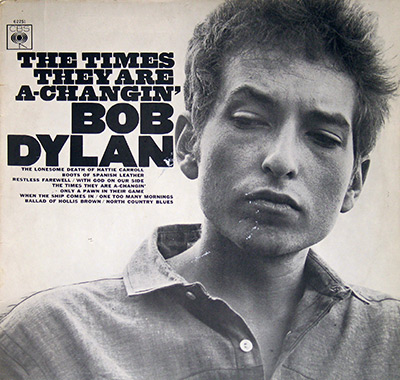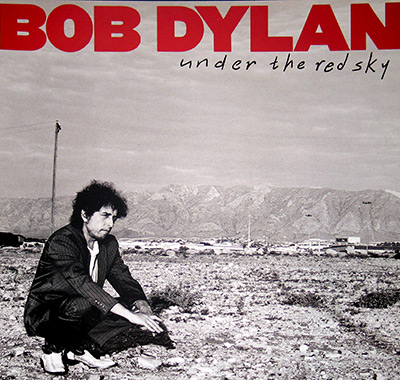Bob Dylan’s “Slow Train Coming” – A Gospel Thunderbolt on the Tracks
Released in August 1979, "Slow Train Coming" marked one of the most striking and divisive pivots in the career of Bob Dylan. This was no subtle thematic shift. This was Dylan the preacher, the born-again prophet, delivering sermons wrapped in slow-burning grooves and gospel fire. To understand this record is to place it squarely in the cultural and spiritual upheaval of late-1970s America—where Dylan, once the oracle of the counterculture, re-emerged as a crusader for evangelical righteousness.
The Historical Setting
The late 1970s were turbulent years, socially and spiritually. Post-Vietnam disillusionment had congealed with the economic malaise of the Carter era. The American dream was rusting. Against this backdrop, a wave of Christian revivalism was sweeping across the country, and Bob Dylan—who had already toyed with religious imagery throughout his career—experienced a personal conversion to Christianity in 1978. By the time he entered the studio in Muscle Shoals, Alabama, Dylan was ready to preach.
A Different Kind of Gospel
Musically, "Slow Train Coming" draws from the deep well of American folk rock, but it is thickly infused with gospel, soul, and a sheen of Muscle Shoals polish. This was not the acoustic Dylan of The Freewheelin’, nor the electric snarler of Highway 61 Revisited. This was a Dylan sermonizing over tightly arranged studio tracks. The lyrics abandon ambiguity; they are declarations of faith and indictments of moral decay.
Take “Gotta Serve Somebody”, the Grammy-winning opener: a grooving, mid-tempo blues piece that unequivocally frames life as a choice between God and the devil. On tracks like "Precious Angel" and "I Believe in You", Dylan sounds emotionally naked, channeling spiritual ecstasy and internal struggle. And then there's "Man Gave Names to All the Animals", a track both playful and polarizing, whose Sunday-school simplicity bemused even Dylan's devotees.
The Sound of Muscle Shoals
The album was recorded at the legendary Muscle Shoals Sound Studio in Alabama, renowned for its rich, soulful output. Dylan surrounded himself with a seasoned team of southern studio veterans: Barry Beckett on keyboards (who also co-produced the album with Jerry Wexler), Tim Drummond on bass, Pick Withers (from Dire Straits) on drums, and Mark Knopfler delivering nuanced, sinuous lead guitar lines that provided a melodic counterpoint to Dylan’s sharp-edged lyrics.
The horn arrangements, led by Harrison Calloway, add dramatic punctuation to many tracks. Recording engineers Greg Hamm and David Yates captured the sessions with clarity and restraint, letting the music breathe while never losing its punch. The result is a warm yet urgent production that tempers Dylan’s fire-and-brimstone delivery with a smooth, almost seductive musical frame.
Controversy and Backlash
To many fans and critics, Dylan’s new evangelical direction came as a shock. Gone were the poetic riddles and kaleidoscopic visions; in their place came biblical metaphors and didactic moralism. Critics were split—some lauded his boldness and sincerity, while others dismissed the album as preachy and regressive. His longtime audience was divided between admiration for his spiritual journey and alienation from its message.
Radio stations hesitated, some refusing to play the songs at all. Yet "Slow Train Coming" was no commercial failure—it reached #3 on the Billboard charts and earned Dylan a Grammy, a testament to its musical craftsmanship even amid ideological tension.
Alternate Pressings and Differences
The original Holland pressing (CBS 86095) stands out with its unique mastering and packaging, including a custom inner sleeve featuring liner notes and a photo of Dylan. Some early European pressings had slight tonal variances due to differing mastering techniques, while U.S. versions often included promotional stickers emphasizing Dylan’s Grammy win. Japanese releases, notably, used higher quality vinyl and sometimes included lyric inserts in both English and Japanese.
The cover illustration by Catherine Kanner—a stylized rendering of a train steaming toward the viewer—is paired with album design by W. Stetz, further reinforcing the album’s central metaphor: the unstoppable force of spiritual awakening.
Final Thoughts
"Slow Train Coming" may not be the Dylan album people expected, but it is the one he needed to make. It’s a time capsule of a personal transformation, executed with professional grace and spiritual fervor. More than four decades later, it still sounds like a man stepping out of the wilderness, shouting that the tracks ahead will never be the same.
